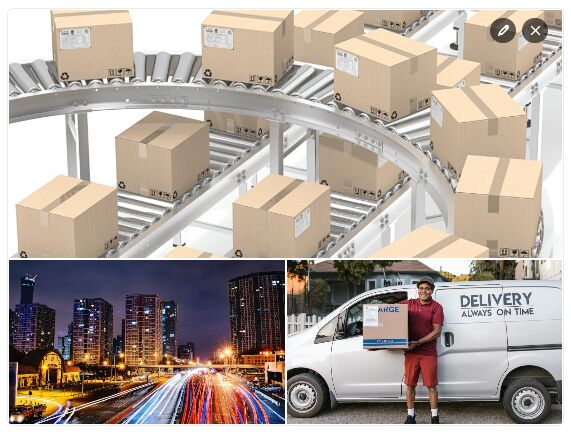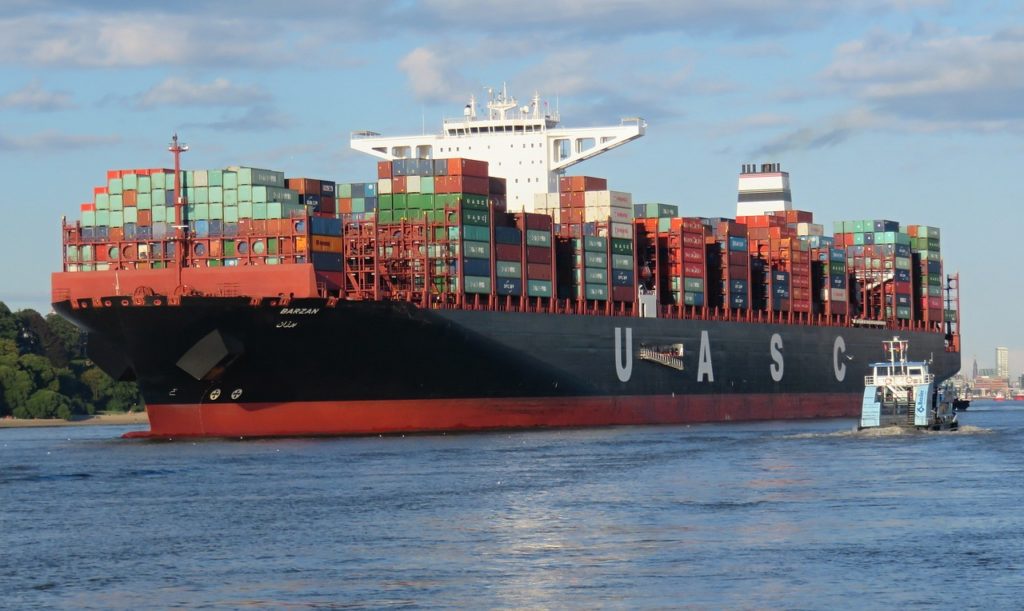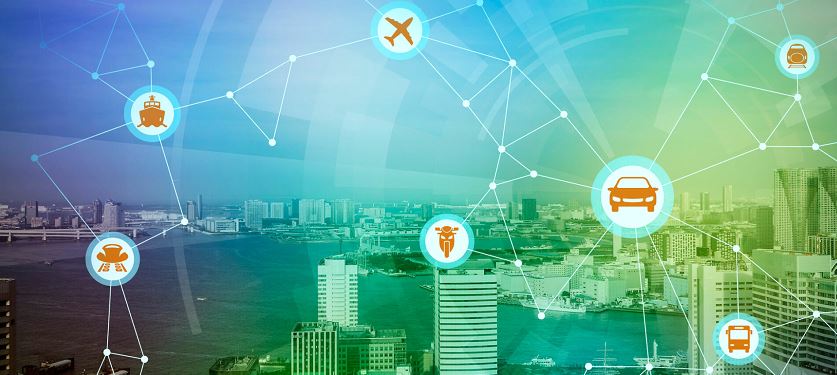
CENIT is collaborating with the Port of Barcelona authority to analyse how new mobility models impact on ports through a PhD Thesis.
Electric mobility, as well as new mobility options (including autonomous vehicles), will play a very important role in the coming years as it is one of the main ways to curb atmospheric pollution and climate change. The impact will be noticeable in practically all sectors: automotive, personal mobility vehicles (scooters, bicycles, etc.), heavy vehicles (buses, trucks, terminal machinery, etc.) and also in maritime transport. Port infrastructures must also be adapted for electric mobility.
The transition to renewable energies places electric mobility at the heart of the transport industry´s green initiatives, which include other fuels such as hydrogen. The transition to electric mobility not only affects emissions, but also influences the geography of vehicle production and its value chain. In addition to electric cars, other means of transport such as scooters, mopeds, bicycles, buses, trains and ships also increasingly run on electricity and the impact of this on the port ecosystem and maritime trade will be investigated. The impact of autonomous transport in ports (light, heavy vehicles and boats) will also be included in the research, along with other emerging trends that develop during the doctorate.
Guillermo Solina
Researcher – Transport economics
PhD Student in the Port of Barcelona










